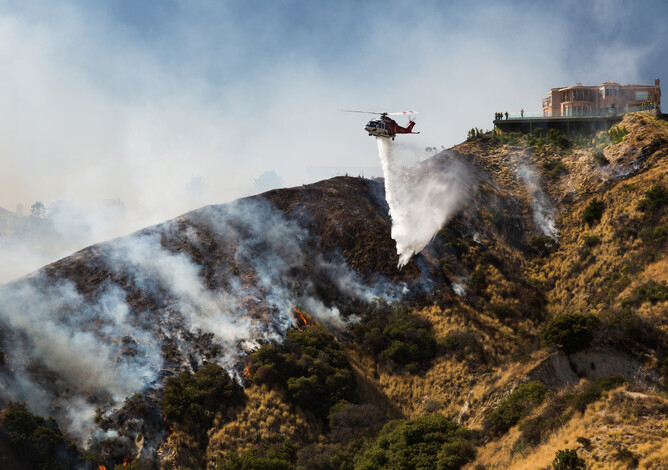Inspired by Helicopter Magazine article (https://www.helicoptersmagazine.com/operator-best-practices/)
Helicopter Magazine, Canada's premier helicopter industry magazine, posted this article recently written by Fred Jones who travels the country meeting with operators. He gets to see a lot of what people do and so identified 20 things he regularly see's crews have with them on flights that could be considered best practice to other helicopter operators throughout Canada and potentially, around the world.
Best practice is a funny thing. For one company, they can do something and it can revolutionize their organization. For another it can hardly change anything and you'll see very little change or improvement. There can be lots of reasons for this such as industry variations, seasonal variations, available skills, location financial restraints and many many others.
That is why phrases like "Proven Practices" or "Next Practices" are becoming popular rather than best practice. Just because something worked in one specific instance very successfully, or even in a few instances very successfully, doesn't mean it is the best and only way to do something.
Proven Practices refer to selecting, documenting, and replicating processes that have proven to improve business results so that others in similar environments or with similar needs can benefit from proven successes. This gives much more scope for you to add, subtract, improve and rearrange things that have been proven and try them in your specific situation.
Next Practices have the theory that we should always be looking to improve and be iterating. Mike Myatt, author of "Hacking Leadership" puts it this way:best practices maintain the status quo and next practices shatter it.
Anyway, semantics aside, check out the article from Fred and see if there are a few proven practices that you might be able to adapt and turn into your next practices you implement.

